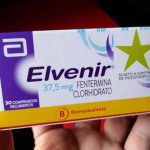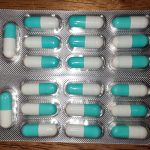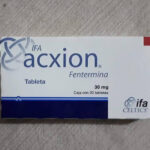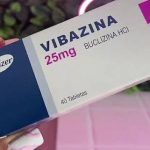Obexol: Uses, How it works, Dosage, Side Effects, Interactions, Addiction
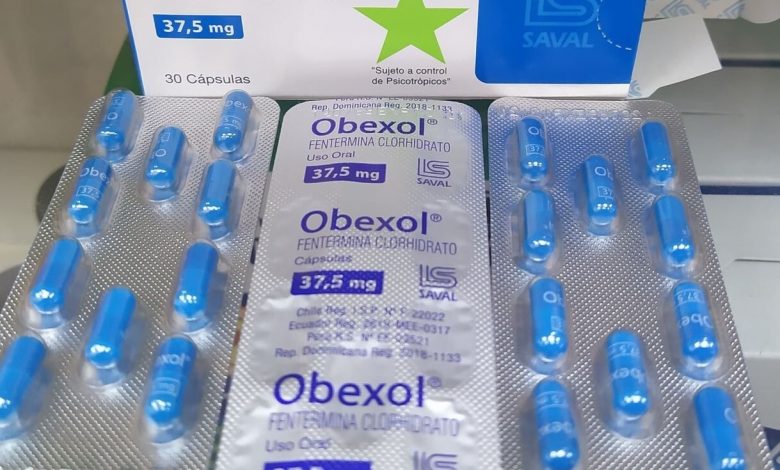
Obexol is a brand phentermine hydrochloride, a medication used for the short-term (up to 12 weeks for people older than 16) treatment of exogenous obesity or simple obesity which is the result of maladjustments between food and exercise.
Obexol is used in combination with diet to reduce body weight, based on exercise, modification of eating habits, and calorie restriction, Obexol is a stimulant and is available if you have a prescription. Because taking Obexol comes with a risk of dependence, it is considered a controlled substance. It’s chemically similar to the stimulant amphetamine, which is also a controlled substance.
A healthcare professional may prescribe Obexol if you have obesity or (BMI) of 30 or greater in the presence of risk factors such as hypertension, diabetes, and hyperlipidemia.
Each capsule of Obexol contains phentermine hydrochloride 18.75 or 37.5 mg as the active ingredient. Obexol is manufactured by Saval a Mexican pharmaceutical company.
How it works
Obexol contains phentermine and the exact mechanism of how it works and helps suppress appetite is unclear. Researchers suggest the drug increases neurotransmitter levels in the brain, which decreases hunger. Neurotransmitters the chemicals norepinephrine, serotonin, and dopamine are your body’s chemical messengers.
Weight loss results may also depend on the person’s overall changes to their diet and lifestyle. This includes regular exercise, calorie restriction, and a healthy diet.
These changes alone are often enough to cause weight loss, though Obexol may enhance these effects. For example, a study in Obesity notes that medications like Obexol may boost the efforts of some diet programs. This research notes that people who replaced one meal per day to reduce their calorie intake lost weight. And those who added phentermine to their program lost more weight and had fewer cravings.
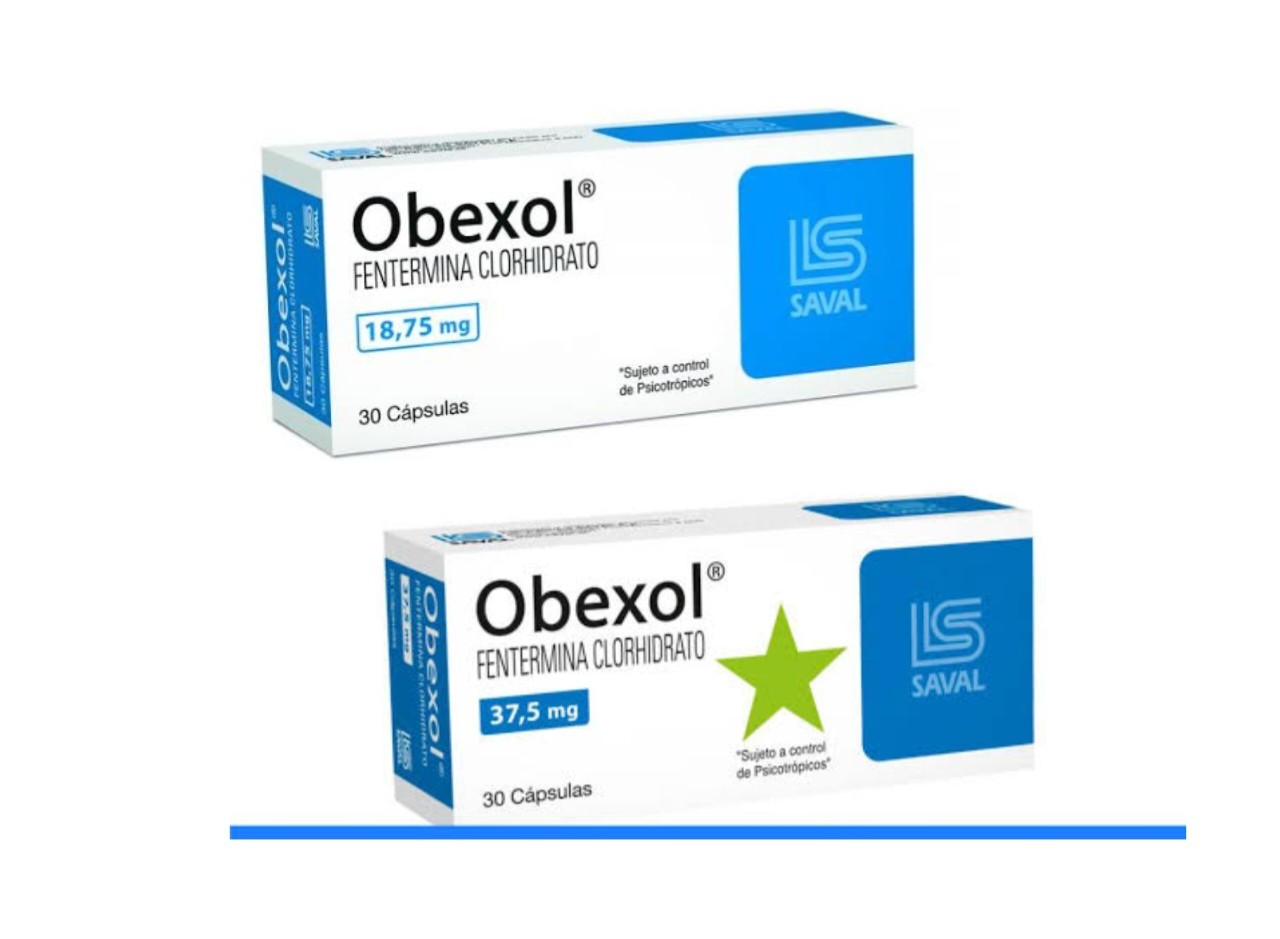
How should I take Obexol?
Take Obexol exactly as prescribed by your doctor. Follow all directions on your prescription label and read all medication guides or instruction sheets. Your doctor may occasionally change your dose.
The recommended dosage Obexol capsule for obesity in adults is 15 to 37.5 mg taken by mouth in 1 to 2 divided doses. Doses are normally taken before breakfast, or 1 to 2 hours after breakfast. Follow your doctor’s dosing instructions very carefully.
Never use Obexol in larger amounts, or for longer than prescribed. Taking more of this medication will not make it more effective and can cause serious, life-threatening side effects.
This medicine is for short-term use only. The effects of appetite suppression may wear off after a few weeks.
Obexol may be habit-forming. Misuse can cause addiction, overdose, or death. Selling or giving away this medicine is against the law.
Call your doctor at once if you think this medicine is not working as well, or if you have not lost at least 4 pounds within 4 weeks.
Do not stop using this medicine suddenly, or you could have unpleasant withdrawal symptoms. Ask your doctor how to safely stop using this medicine.
Obexol side effects
Obexol may cause side effects. Tell your doctor if any of these symptoms are severe or do not go away:
• headache
• dizziness
• numbness, burning or tingling in the hands, feet, face, or mouth
• decreased sense of touch or ability to feel the sensation
• difficulty concentrating, thinking, paying attention, speaking, or remembering
• excessive tiredness
• dry mouth
• unusual thirst
• changes or decreased ability to taste food
• diarrhea
• constipation
• heartburn
• painful menstrual periods
• pain in the back, neck, muscles, arms or legs
• tightening of the muscles
• painful, difficult, or frequent urination
• hair loss
Some side effects of Obexol can be serious. If you experience any of these symptoms, call your doctor immediately or get emergency medical treatment:
• racing or a pounding heartbeat that lasts several minutes
• sudden decrease in vision
• eye pain or redness
• fast, shallow breathing
• severe pain in the pack or side
• blood in urine
• rash or blisters, especially if you also have a fever
• hives
Obexol may cause other side effects. Call your doctor if you have any unusual problems while taking this medication. If you experience a serious side effect, you or your doctor may send a report to the Food and Drug Administration’s (FDA) MedWatch Adverse Event Reporting program online (http://www.fda.gov/Safety/MedWatch) or by phone (1-800-332-1088).
What medication can interact with Obexol?
Several medications can interact with Obexol, you should avoid taking Obexol with the following drugs:
MAO inhibitors examples include isocarboxazid, linezolid, metaxalone, methylene blue, moclobemide, phenelzine, procarbazine, rasagiline, safinamide, selegiline, and tranylcypromine. Do not use this medicine and an MAO inhibitor (MAOI) within 14 days of each other.
Obexol may also interact with amantadine, American ginseng, desmopressin, eucalyptus, guarana, sage, and yerba mate.
Contraindications
- Obexol is not right for everyone. Do not use it if you have an allergic reaction to phentermine or similar medicines, or if you are pregnant.
- While taking this medication, your doctor will check your progress and the effects of this medicine at regular visits. Keep all appointments.
- It is not safe to take Obexol during pregnancy. It could harm an unborn baby. Tell your doctor right away if you become pregnant.
- Do not take Obexol if you are breastfeeding, or if you have kidney disease, diabetes, glaucoma, congestive heart failure, heart or blood vessel disease, high blood pressure, overactive thyroid, or a history of stroke or drug abuse.
- Tell your doctor if you have allergies to aspirin or tartrazine.

